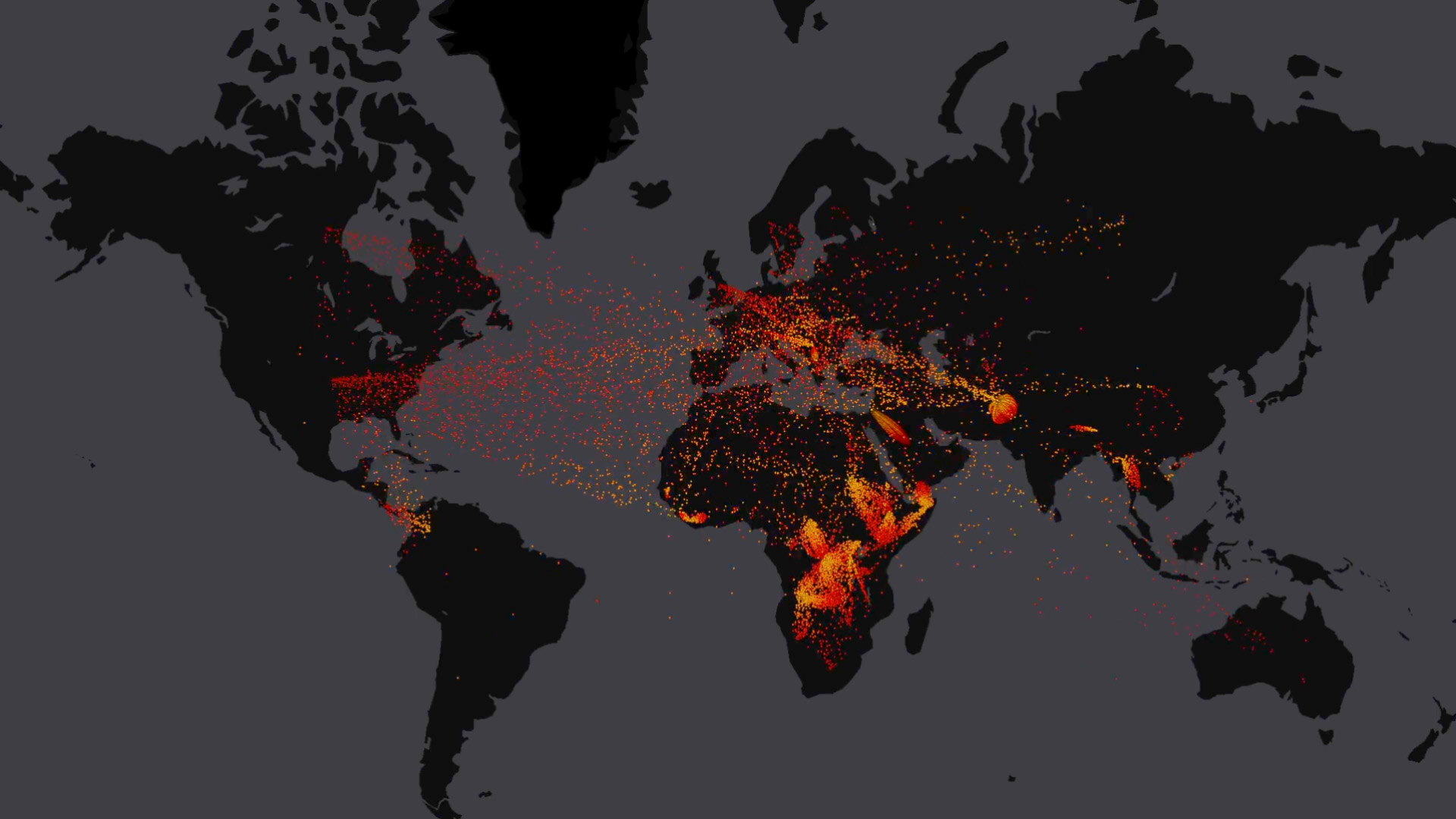Palau’s Incinerator Project Set to Revolutionize Waste Management on the Island
The small island nation of Palau is set to revolutionize its waste management with the introduction of a state-of-the-art incinerator project. As a popular tourist destination, Palau has struggled to manage its waste in an environmentally-friendly and sustainable way. The incinerator project aims to address this issue by providing a long-term solution to the island’s waste management challenges.
The incinerator project is being implemented in response to the growing concern about the impact of waste on the environment and public health. With limited space for landfills and a growing population, the traditional methods of waste disposal have become unsustainable. The incinerator project is seen as a game-changer in Palau’s efforts to manage its waste in a more efficient and environmentally-friendly manner.
The incinerator project is being developed in collaboration with international partners and will be based on the latest technology in waste-to-energy conversion. It is designed to process various types of waste, including municipal solid waste, medical waste, and hazardous waste. The incinerator will generate electricity from the burning of waste, reducing the island’s reliance on fossil fuels and contributing to the nation’s renewable energy goals.
One of the key benefits of the incinerator project is the reduction of greenhouse gas emissions. By converting waste into energy, the incinerator will reduce the amount of waste that ends up in landfills, where it decomposes and releases methane, a potent greenhouse gas. This will help Palau to achieve its climate change mitigation goals and contribute to global efforts to reduce emissions.
In addition to reducing greenhouse gas emissions, the incinerator project will also have a positive impact on public health. By incinerating waste at high temperatures, the incinerator will destroy harmful pathogens and toxins, reducing the risk of diseases and infections associated with traditional waste disposal methods. This will improve the overall health and well-being of the population, particularly in urban areas where waste management is a challenge.
The incinerator project is also expected to create new opportunities for sustainable economic development in Palau. The generation of electricity from waste will reduce the island’s dependence on imported fuel, leading to cost savings and energy security. In addition, the project will create job opportunities in waste management, renewable energy production, and maintenance of the incinerator facility. This will contribute to the overall socio-economic development of the island nation.
The incinerator project has received strong support from the government of Palau and the international community. The project is seen as a model for small island states that are facing similar waste management challenges. It is also in line with Palau’s commitment to the United Nations Sustainable Development Goals, particularly Goal 12, which aims to ensure sustainable consumption and production patterns.
In order to address potential concerns about the incinerator project, the government of Palau has been proactive in engaging with stakeholders and the public. A comprehensive public consultation process has been undertaken to ensure that the views and concerns of the local community are taken into account. In addition, environmental and social impact assessments have been conducted to assess the potential risks and benefits of the incinerator project.
The incinerator project has also attracted interest and support from international donors and development agencies. Palau’s efforts to address its waste management challenges align with the priorities of international partners, who are providing technical and financial assistance to ensure the successful implementation of the project. This support has enabled Palau to access the latest technology and expertise in waste-to-energy conversion, ensuring that the incinerator project meets international standards and best practices.
Overall, the incinerator project in Palau represents a significant step forward in the island’s efforts to manage its waste in a more sustainable and environmentally-friendly manner. The project is expected to have a positive impact on public health, the environment, and the economy, making it a key component of Palau’s sustainable development agenda.
FAQs
What is the purpose of the incinerator project in Palau?
The incinerator project aims to provide a long-term solution to Palau’s waste management challenges by converting waste into energy. The project is expected to reduce greenhouse gas emissions, improve public health, and create new opportunities for sustainable economic development.
How will the incinerator project benefit the environment?
The incinerator project will reduce the amount of waste that ends up in landfills, where it decomposes and releases methane, a potent greenhouse gas. By converting waste into energy, the incinerator will contribute to the reduction of greenhouse gas emissions and Palau’s climate change mitigation goals.
How will the incinerator project impact public health?
By incinerating waste at high temperatures, the incinerator will destroy harmful pathogens and toxins, reducing the risk of diseases and infections associated with traditional waste disposal methods. This will improve the overall health and well-being of the population, particularly in urban areas where waste management is a challenge.
How will the incinerator project contribute to sustainable economic development?
The generation of electricity from waste will reduce the island’s dependence on imported fuel, leading to cost savings and energy security. In addition, the project will create job opportunities in waste management, renewable energy production, and maintenance of the incinerator facility, contributing to the overall socio-economic development of the island nation.
What measures have been taken to address potential concerns about the incinerator project?
The government of Palau has been proactive in engaging with stakeholders and the public. A comprehensive public consultation process has been undertaken to ensure that the views and concerns of the local community are taken into account. In addition, environmental and social impact assessments have been conducted to assess the potential risks and benefits of the incinerator project.
Palau’s incinerator project set to revolutionize waste management on the island




